- Home
- slideshows
- miscellaneous
- We shopped at Barnes & Noble and saw a key shortcoming that's holding it back in its battle against Amazon
We shopped at Barnes & Noble and saw a key shortcoming that's holding it back in its battle against Amazon
I visited the four-floor Barnes & Noble store in Manhattan's Union Square in the middle of a weekday.

To the right of the entrance were displays of new releases ...
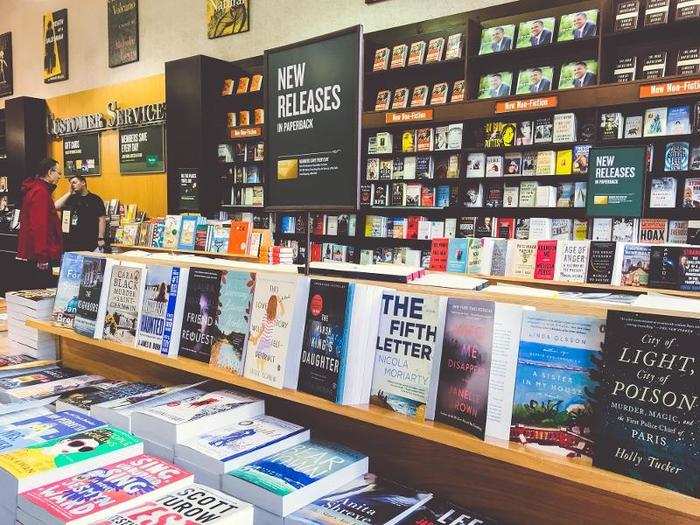
... and to the left was a collection of New York-themed books.
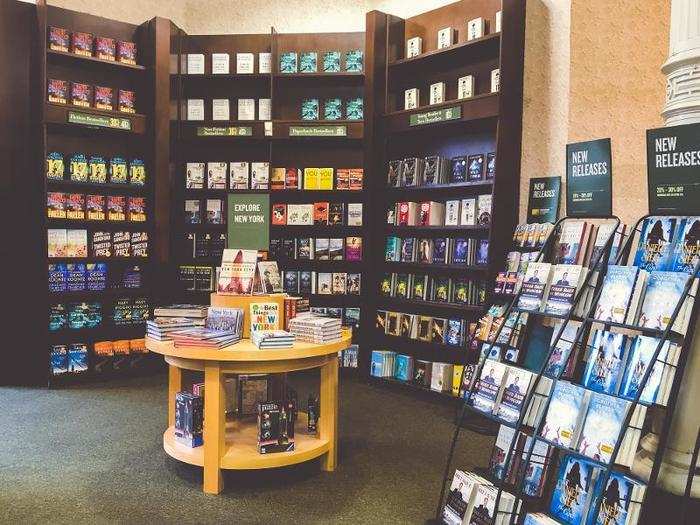
There was a "blind date with a book" bin, where books were wrapped in paper with a few notes about them written on the cover.
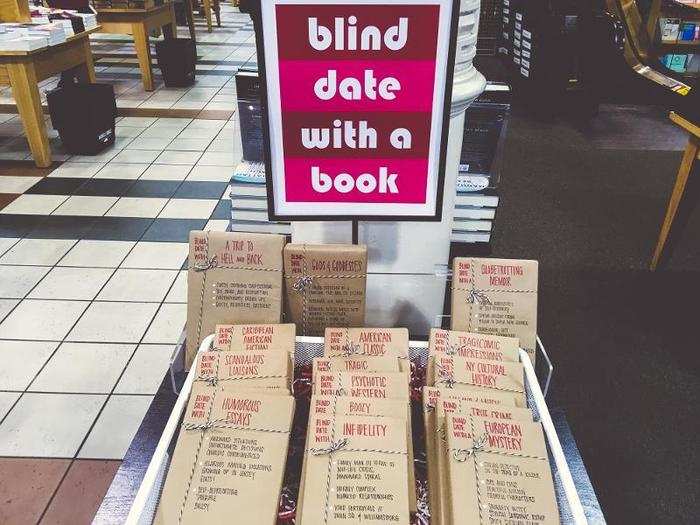
There was also a table of collectible editions of classic novels, fairy tales, and children's books. On average, most products cost around $20 to $25.
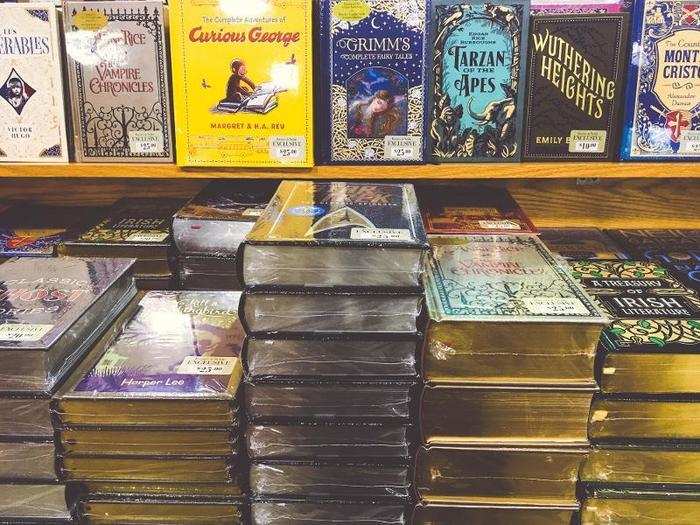
Barnes & Noble sold a lot of products besides books, like desk accessories, water bottles, notebooks, instant cameras, umbrellas, and other seemingly random merchandise.
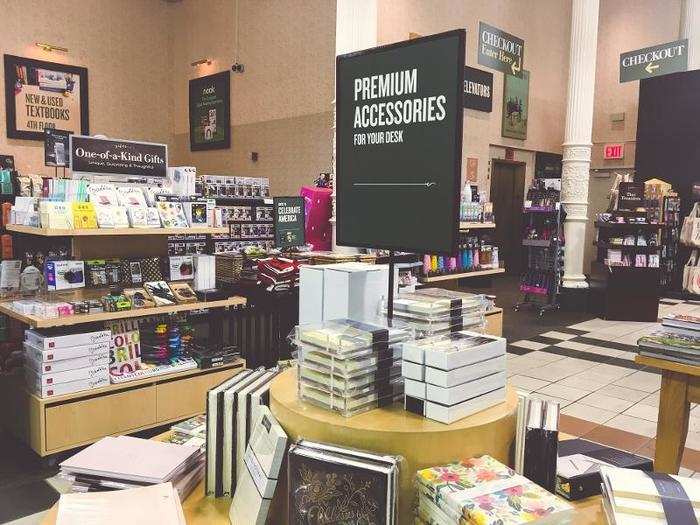
It also sold a ton of greeting cards and gift-wrapping supplies. Quartz reported that many Barnes & Noble shoppers go there for last-minute gifts and illustrated books, which took up a good portion of the first floor.
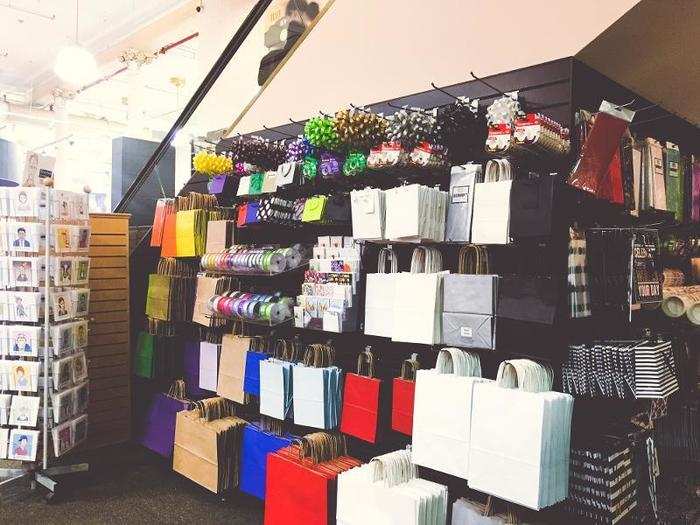
Source: Quartz
The back of the first floor was dedicated to CDs, DVDs, and vinyl records. There weren't as many people in this department as there were spread throughout the rest of the store. There was a register, but it was closed.
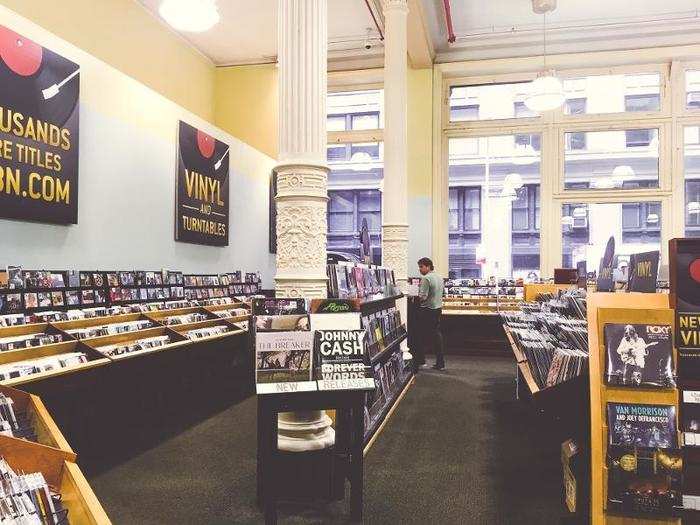
Next to the CDs and DVDs was a Nook display. Nobody was buying or looking at Nook e-readers or accessories when I visited — it was totally empty. Sales of the Nook have dropped 85% since 2012, according to The New York Times.

Source: New York Times
On the second floor of the store was a bustling kids' section. There were toys, games, and books on display, as well as tons of parents and kids moving around the floor. No one was in line at the register here, either.
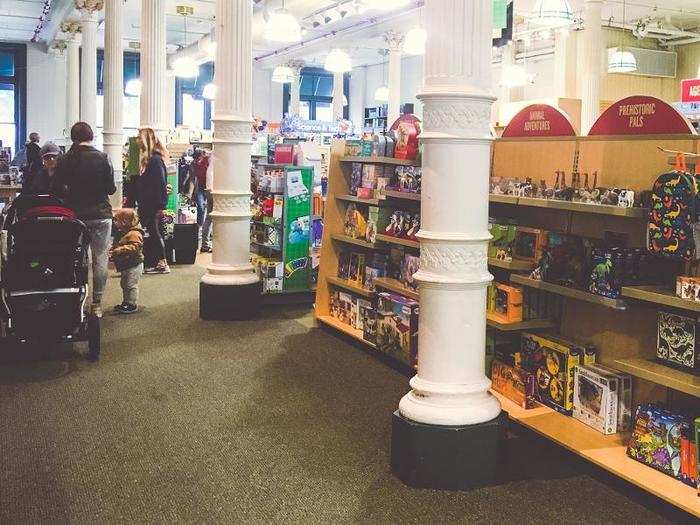
The third floor, home to the in-store Starbucks, was incredibly busy. The café area sold coffee mugs, tumblers, and other coffee-related products.
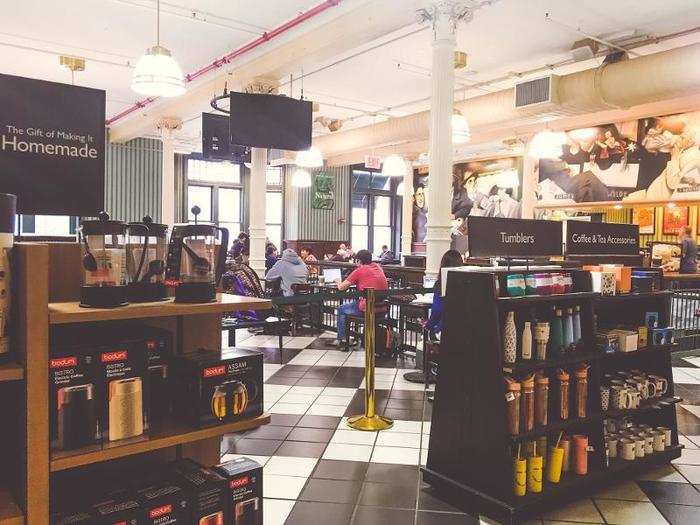
Almost every seat in the café was taken up by people reading, working, and meeting up. It was easily the busiest part of the store.
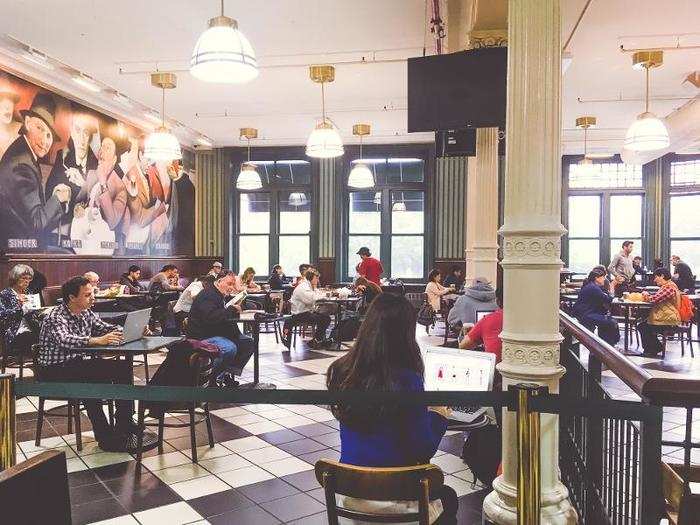
In the neighboring magazine section, people were sitting on the benches, flipping through stacks of magazines.
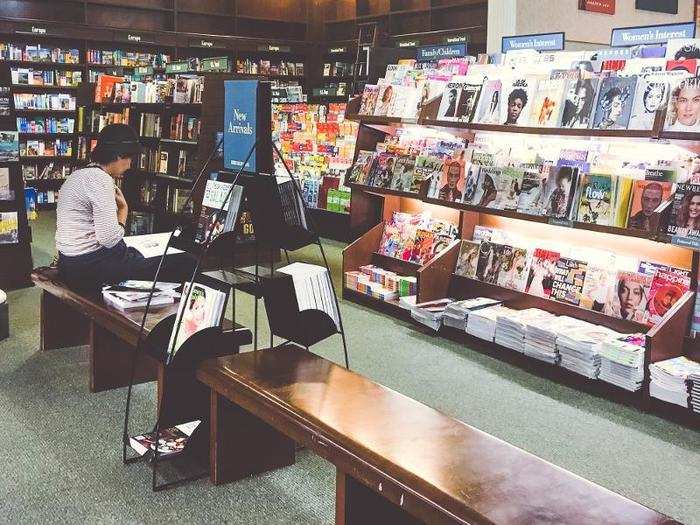
Unlike the previous floors, the fourth floor was almost entirely books. Most people were using the space to read — students were sitting along the walls studying for exams, and others were reading books that they may or may not have ended up purchasing.
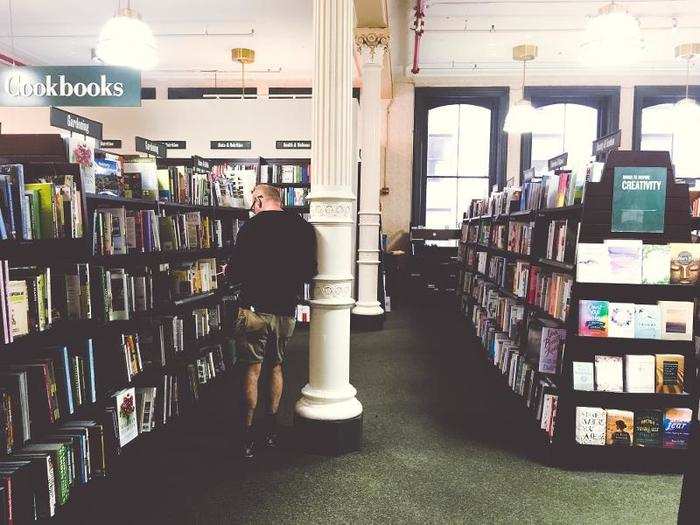
New books cost upwards of $15 for the most part, with hardcovers and special editions of books costing closer to $30 most of the time. On Amazon, many books can be found for less than that.
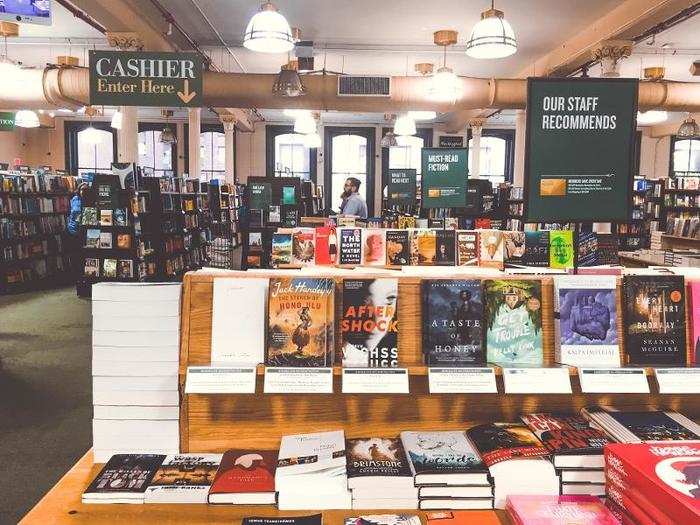
Barnes & Noble had a bargain-priced books section selling hardcover and paperback books from all genres for under $10.
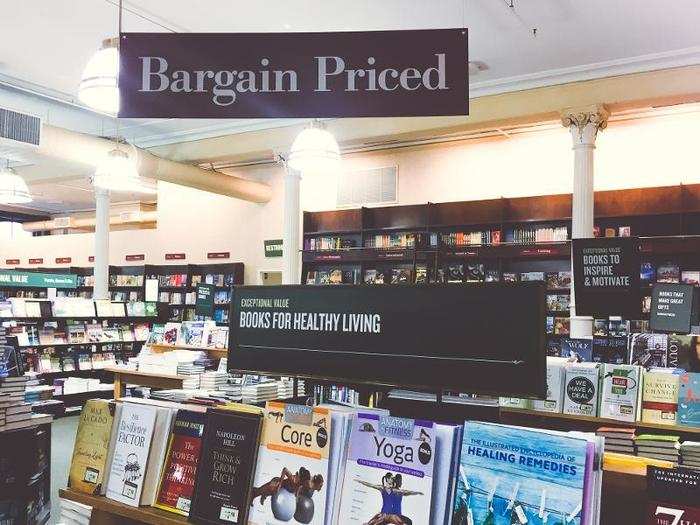
There was a stage and seating setup for book talks and events that happen at the store. No events were happening at the time, so the space was just being used as a space to read.

Like at many libraries, there was a cart for customers to put books and magazines back on when they were done. Barnes & Noble seemed to basically be encouraging shoppers to read books and magazines and then leave without buying them.
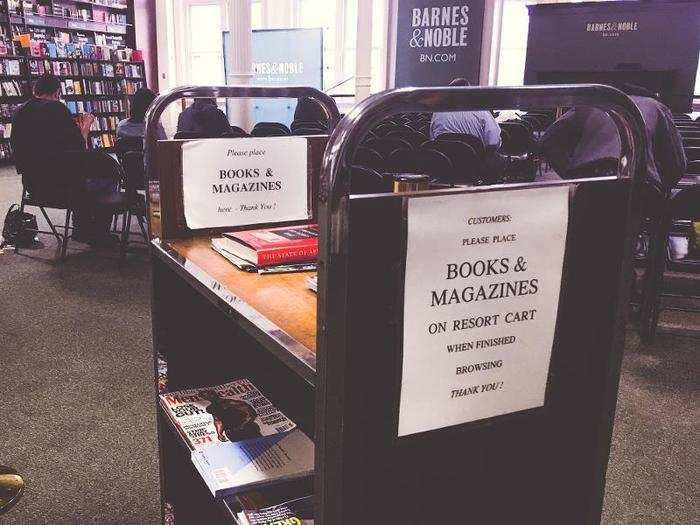
While it's great that Barnes & Noble fosters an environment where people can go to read a book, have a cup of coffee, and relax ...
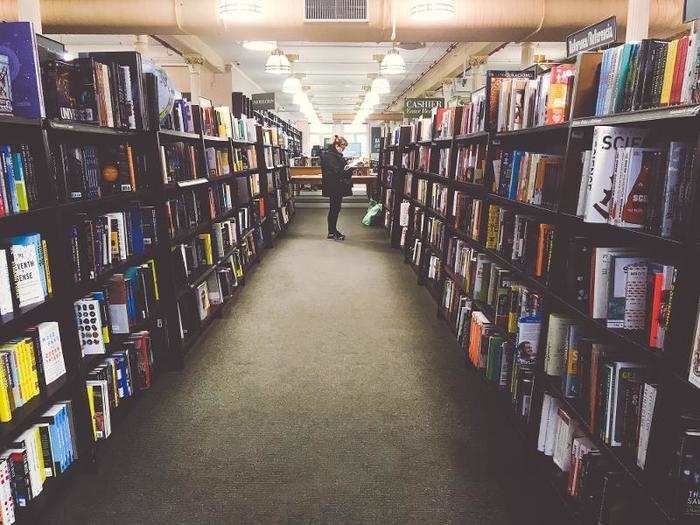
... there weren't many people actually buying books. There were registers set up on all four floors, but only the ones downstairs were in use. Only two of the 10 registers were open, and nobody was waiting in line. The store itself was packed, but not many people seemed to be buying anything. They would read a book or magazine, then put it back on the shelf.
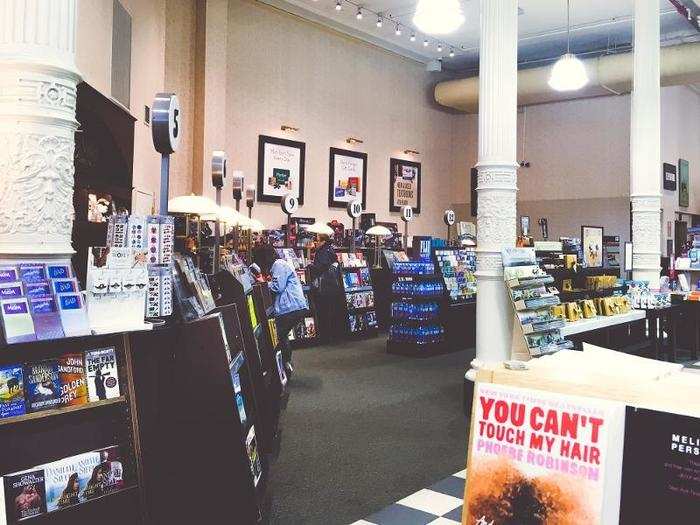
Popular Right Now
Popular Keywords
Advertisement